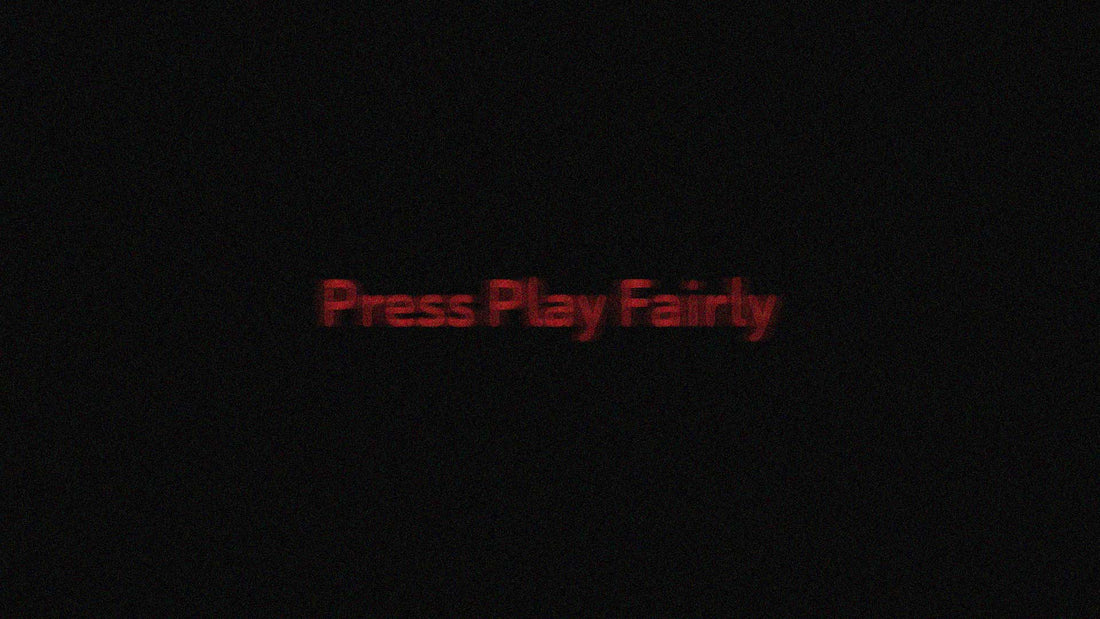
Arabic Queer Music: Between Innovation and Invisibility – Anghami & OSN+ Case
In every corner of the world “Literally every corner”, queer artists have played a transformative role in music. They challenge norms, expand genres, and create art that transcends boundaries. In the Arab world, this story takes on a unique form. Arabic queer music isn’t just about identity—it’s about resilience, innovation, and cultural evolution. Yet despite its richness, it often faces invisibility on mainstream platforms.
The Role of Queer Artists in Arabic Music
Queer Arab musicians are not simply “adding representation”—they are reimagining what Arabic music can sound like. Blending traditional instruments with electronic production, or fusing classical maqam with pop and house rhythms, these artists are redefining Arabic sound for a global audience.
Their songwriting is often more daring, unfiltered, more introspective, and more boundary-pushing than what we hear in commercial mainstream. Love, desire, alienation, belonging—all are reframed in ways that disrupt silence and reclaim space.
Platforms and the Visibility Gap
This is where streaming platforms become critical. Anghami, the largest player in the Middle East and North Africa (majority-owned today by OSN+ under the KIPCO group), has the ability to champion diverse voices. But instead, queer Arab artists often report exclusion:
-
Playlists: Their songs are rarely featured in high-visibility editorial lists—and in some cases, "tracks have been actively removed from playlists they were once included in."
-
Search discoverability: Their music is harder to find, unless you already know the artist’s name.
-
Campaigns: Representation in curated promotions is limited at best.
This isn’t just about neglect; it suggests an active suppression of queer music within the regional streaming ecosystem.
The Economic Side
The problem isn’t only visibility. It’s financial, too. On Anghami, artists earn around $0.0011 per stream—about $110 for 100,000 plays.
This is the descending order of artist earnings per stream, with Anghami at the bottom:
-
Napster – $0.019–$0.021 per stream
-
TIDAL – $0.0128–$0.013 per stream
-
Apple Music – ~$0.008–$0.01 per stream
-
YouTube Music – ~$0.0071–$0.008 per stream
-
Deezer – ~$0.0064 per stream
-
Spotify – ~$0.003–$0.005 per stream
-
Amazon Music – ~$0.004–$0.00402 per stream
-
Anghami – $0.0011 per stream
This difference suggests that both queer and non-queer Arabic musicians experience societal challenges and economic disadvantages when their music is streamed on local platforms.
Symbolism vs. Substance
The contradiction is stark: Anghami regularly features global icons like Madonna, Lady Gaga and more—whom careers have been built on queer liberation—yet fails to amplify queer Arab musicians themselves.
Representation is not just about importing international icons to upgrade the players and to keep listeners on the platform; it’s about nurturing and elevating local voices who are pushing the Arabic culture forward.
Why Arabic Queer Music Matters
Arabic queer music is more than entertainment. It is a “cultural archive” and a “cultural asset”, documenting what it means to be queer and Arab in the 21st century. It tells stories of belonging, exile, intimacy, and freedom. It preserves traditions while breaking them open.
If platforms continue to neglect—and even remove—these artists from visibility, the world risks losing an entire chapter of Arab cultural history in real time.
Looking Forward
The future of Arabic queer music depends on visibility, fair compensation, and intentional inclusion. Platforms like Anghami and OSN+ have an opportunity—not just to catch up, but to lead—by creating spaces that celebrate the diversity of Arab sound and identity.
Because when queer Arab artists thrive, Arabic music itself evolves.
For now, I urge my peers, fans, family, and friends to support fairness by choosing platforms that pay artists properly and give them the visibility they deserve.
Until the next song writes itself, I’ll be here, living it.
M.
